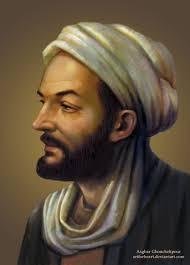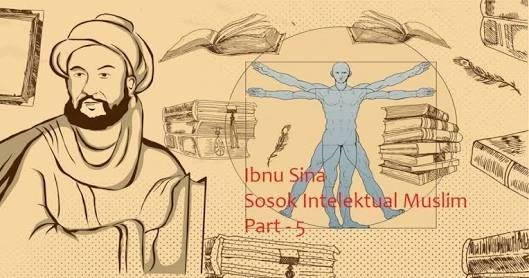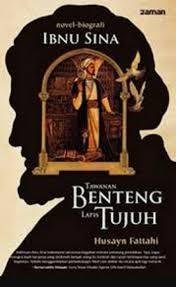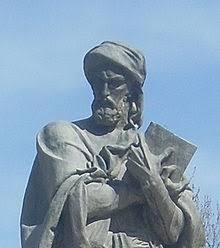Abu Ali Al-Husein Ibn Sina / Ibn Sina / Sheikh Al-Rais / Avicenna (986-1037)

Medicine,
Physics, Geology, Mineralogy, Mathematics, Astronomy, Philosophy, Scientist Encyclopedia, Psychology, Writer of modern medicine
(used as a reference for western medicine),
Writing book on organ function, researching tuberculosis, diabetes and disease caused by the effects of mind..


Ibn Sina's full name Abu 'Ali al-Husayn bin' Abdullah bin Sina was born in 980 in Afsyahnah area near Bukhara, now Uzbekistan (then Persia), and died in June 1037 in Hamadan, Persia (Iran).
Ibn Sina (980-1037) also known as Avicenna in the Western World was a philosopher, scientist, and also a Persian-born physician (now part of Uzbekistan).
He is also a prolific writer where much of his work is about philosophy and medicine.
For many, he is the Father of Modern Medicine and there are many more titles to him that are mostly concerned with his works in the field of medicine.
His most famous work Qanun fi Thib is a medical reference for centuries.
Privileges, among others, at the age of 10 years had memorized Al-Qur`an, then at the age of 18 years was able to master all the existing science at that time.
His areas of expertise are medicine, Physics, Geology, Mineralogy. Also in the field of Medicine, Philosophy, Mathematics, Astronomy.
He is the author of 450 books on several major subjects, many of which focus on philosophy and medicine.
He is regarded by many as the father of modern medicine, George Sarton calls Ibn Sina "The most famous scholar of Islam and one of the most famous in all areas, places, and times." His most famous works are The Book of Healing and The Canon of Medicine, also known as Qanun
(full title: Al-Qanun fi At Tibb).

Works:
- )Qanun fi Thib (Canon of Medicine / Rules of Medicine)
2.)Asy Syifa (consisting of 18 volumes containing about various sciences)
- An Najat